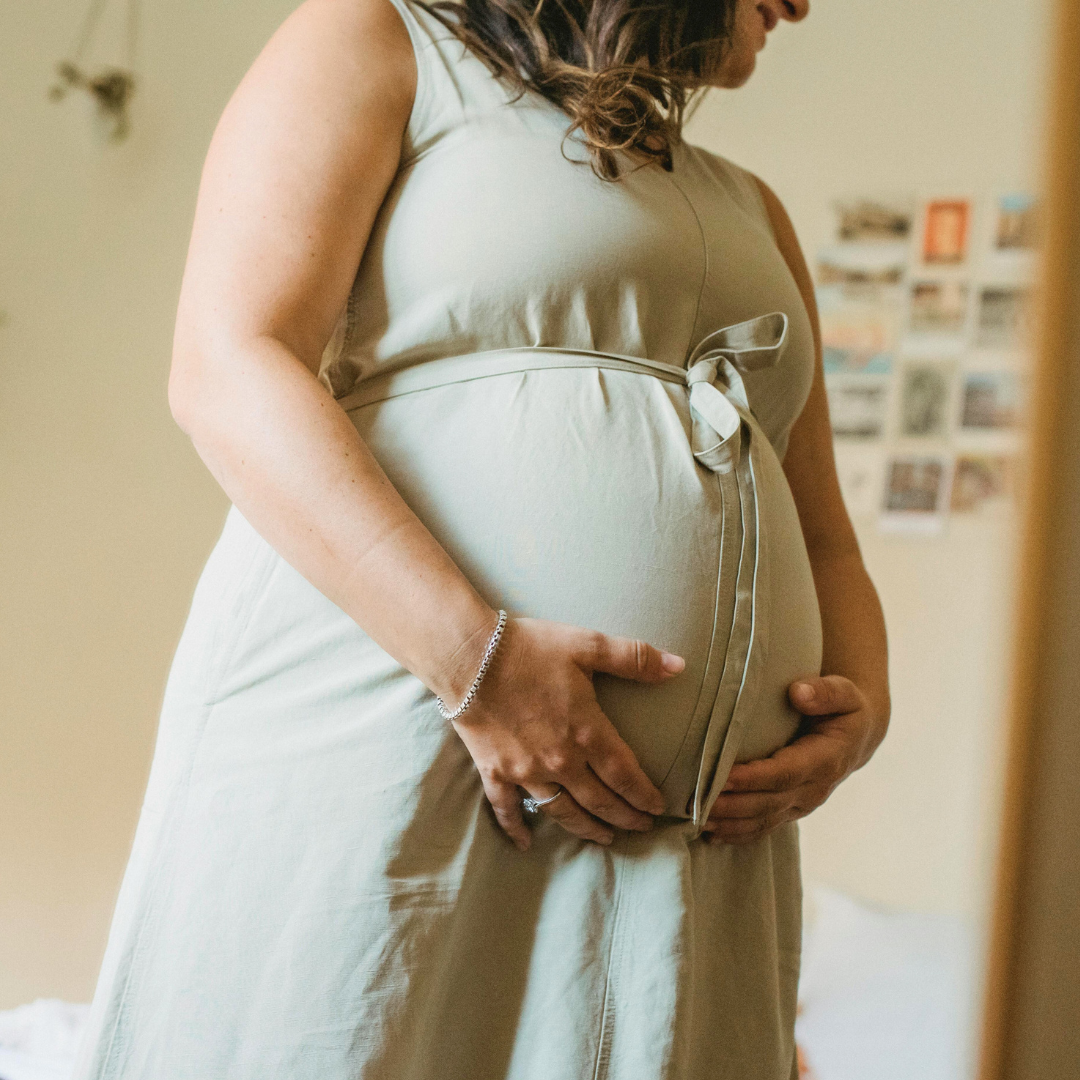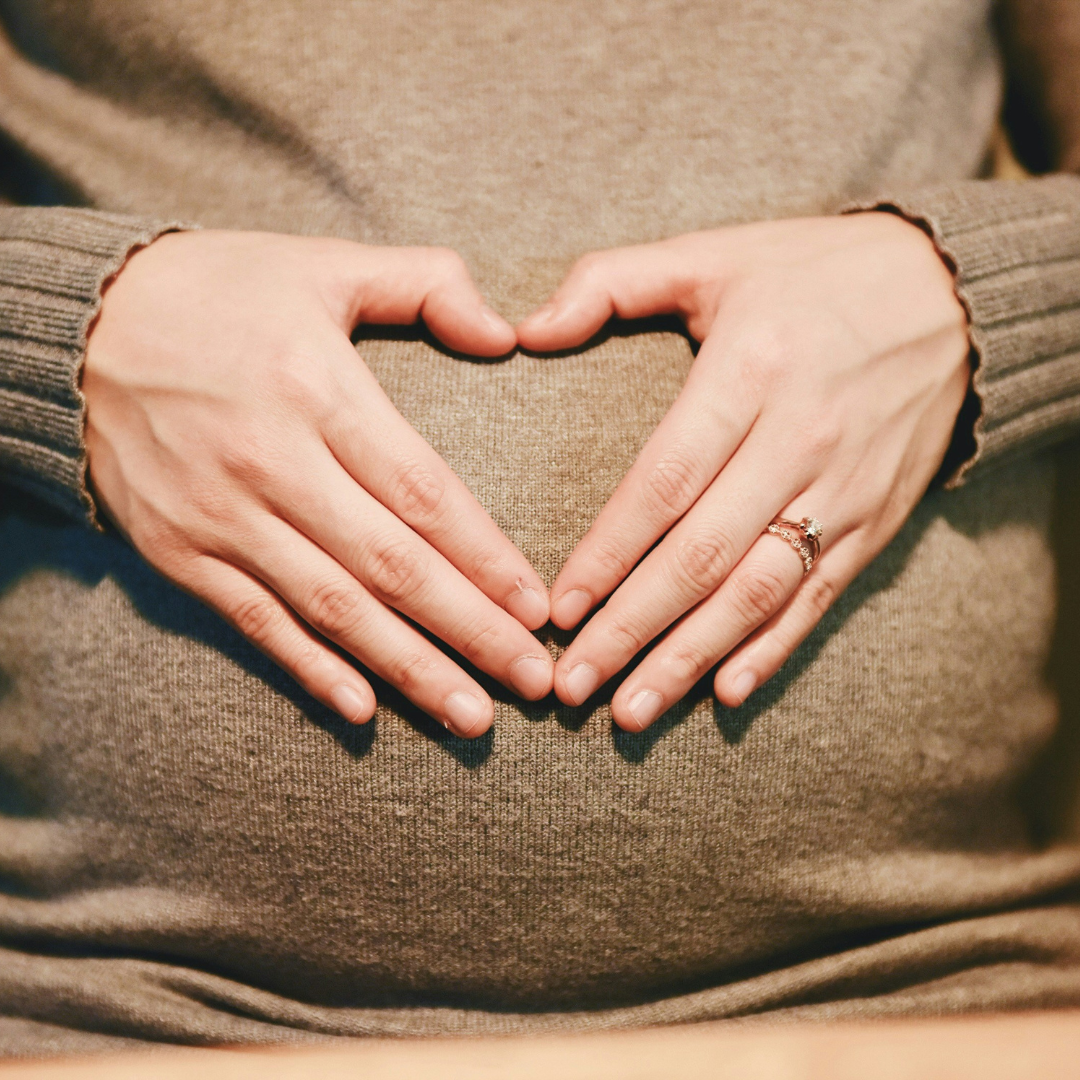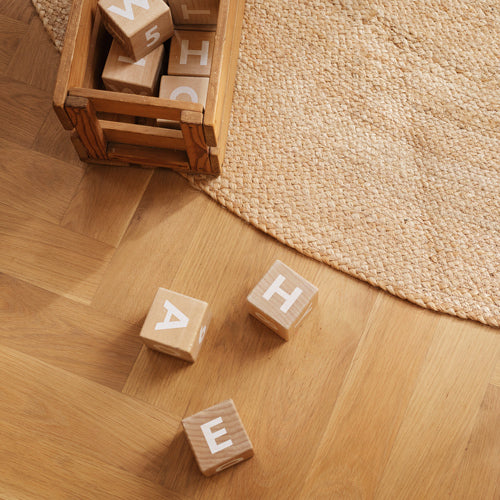


Along with all the kicks and pokes you feel during pregnancy, you might notice a new sensation that feels like a soft “popping” or gentle twitching in your belly. If you are in your second or third trimester, there is a good chance your baby has the hiccups.
For some parents, feeling this sensation for the first time can be surprising or even a little worrying. But baby hiccups are completely normal and often considered a milestone in your pregnancy journey and baby’s development. They are another way to feel connected to your little one and a reminder that they are growing and getting ready for life outside the womb.
If you are curious to know more, or still feel unsure, read on. In this article, we will look at what baby hiccups feel like, why they happen, when they usually start and when it might be helpful to talk to your doctor or midwife.
What do baby hiccups feel like?
Describing baby hiccups in the womb can be tricky because they are unlike other movements. At first, you may think it is just a soft kick, but then it happens again and again. If you pay close attention, you might notice that the rhythm mirrors adult hiccups.
Many moms say they feel like a soft, rhythmic popping or pulsing that is more regular than a kick or a flip. Some compare it to popcorn popping in your belly or a flutter that repeats in the same spot for a minute or more. Others describe it as a gentle, steady twitch or spasm that shows up at regular intervals.
When fetal hiccups first appear, they can feel very subtle or almost like bubbles or light fluttering. Though, as pregnancy progresses, those movements often become more noticeable and can sometimes be seen on the outside of your belly as tiny rhythmic jumps.
The first few times you notice them, it can feel strange or even a little unsettling. You might wonder if it is something wrong or just gas or muscle spasms. In most cases, though, hiccups in the womb are very normal and are often considered a sign that your baby is developing as they should.
When you might start noticing fetal hiccups
Most expecting mothers start noticing fetal hiccups sometime between 16 and 22 weeks, right around the same time they begin to feel other movements like flutters or gentle kicks. At first, it can be tricky to tell whether it’s a kick or a hiccup, however, hiccups usually feel more like a soft, steady rhythm that can go on for a few minutes at a time.
As the weeks go by, you might notice them happening more often and lasting a little longer. Some babies hiccup daily, others only once in a while, and some barely at all. Every pattern is completely normal and just another sign your baby is growing.
Why exactly do baby hiccups occur?
Babies in the womb get hiccups for much the same reason adults do: tiny, involuntary spasms of the diaphragm. These spasms usually happen when something irritates the nerves that control the diaphragm and causes it to contract.
For babies, this is a normal part of development. Their organs are still maturing, and they are practicing important skills like breathing and swallowing. Sometimes they cannot coordinate these movements perfectly yet. When they “swallow” or “breathe” in the womb, they may push amniotic fluid in and out, which triggers the diaphragm and causes hiccups.
Hiccups are also a reassuring sign that the nerve controlling the diaphragm is active and that your baby’s brain and spinal cord are working as they should. Reaching this stage is an exciting milestone because it means your baby is becoming neurologically ready for life outside the womb. Hiccups can also happen when your baby is practicing important skills like suckling, thumb sucking, and even yawning.
Overall, each of these small actions is helping your baby prepare for feeding and life in the first days after birth.
What should I do if my baby has hiccups?
The good news is you usually don’t have to do anything at all. Fetal hiccups are a completely normal part of pregnancy and are, again, a sign that your baby is developing just as they should.
If the hiccups are frequent, you can try changing your position or readjusting with a nursing pillow, going for a short walk, or drinking a glass of water to see if it shifts the baby’s position and stops the hiccups.
If you notice very strong, repetitive hiccups late in pregnancy or they seem unusually constant, you can mention it to your midwife or doctor for peace of mind. Most of the time, though, they is nothing to worry about.
Telling fetal hiccups apart from other movements
If you are not paying close attention, it can be tricky to tell whether what you are feeling is a kick or a hiccup. The key difference is the rhythm. Hiccups tend to be repetitive and evenly spaced, almost like a tiny pulse or drumbeat inside your belly. They can last anywhere from a minute or two to 10 or even 15 minutes at a time.
Kicks, rolls, and stretches, on the other hand, are usually more random and irregular. You might feel them in different spots around your belly, while hiccups tend to stay in the same place for the whole episode since they come from the diaphragm.
If you notice the same soft thump happening over and over again at regular intervals, you can be pretty sure it is your baby hiccuping. With time, you may even be able to tell the difference easier as they become a part of your pregnancy routine.
In short
Feeling your baby hiccup is one of those little moments that makes pregnancy feel real. It is a gentle reminder that your baby is growing, practicing, and getting ready for life on the outside. While it can feel unusual at first, most of the time hiccups are simply a healthy sign of development and nothing to worry about.
If you are ever unsure or notice anything that feels out of the ordinary, it is always okay to check in with your doctor or midwife. Otherwise, take a moment to enjoy these tiny rhythms, they are one of the sweetest ways to connect with your baby before you are holding them in your hands.




































